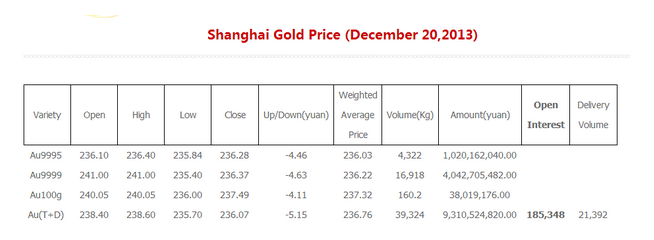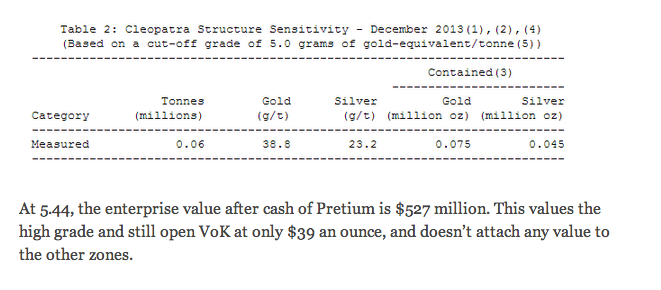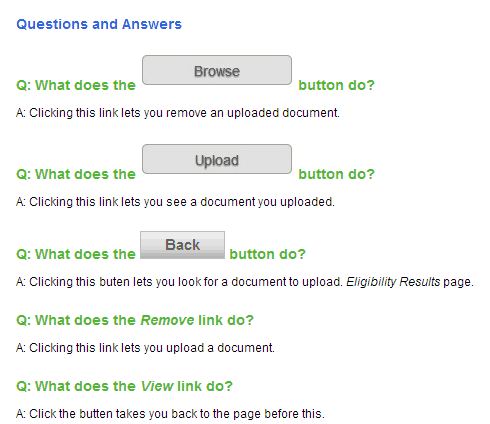The thinner market conditions that will prevail now until early next year should not obscure the general investment climate. For the first time in four years, the investors are feeling better about the high income countries than the lower income countries.
There are exceptions, of course, as there is for nearly any generalization. Among lower income countries, Mexico, Israel and South Korea remain attractive, while among the high income countries, Canada and Australia are vulnerable.
With the Fed’s decision to taper, it is tempting to accept, as many have suggested, that peak accommodation is behind us. Yet to do so may be mistaken. It is to confuse what the Fed announced. It is going to continue to buy Treasury bonds and mortgage-backed securities, just, (arguably) a economically insignificant amount less. Its balance sheet expansion has not peaked.
Even assuming that Bernanke’s forward guidance is accurate and the Fed announces $10 bln tapering a meeting, the balance sheet will not peak until late 2014, and may drift higher from there if it continues to recycle maturing/redemption issues. Moreover, the Fed has consistently argued that the real impact comes not so much from the flow but from the accumulated stock of holdings (kept off the market, displacing investors).
US fiscal policy is not as tight as had been expected, given the new budget agreement. However, Republicans are still demanding new spending cuts in exchange for lifting the debt ceiling. President Obama has refused to negotiate over paying for the spending that has already been authorized. Another showdown appears likely.
The US revised up Q3 US GDP to an impressive 4.1%, due to increasing spending on consumer services and intellectual property. Although inventories were a powerful contributor, final sales still rose a strong 2.5%. The US economy is unlikely to match that in Q4, though inventories have stayed high in the first part of the quarter and consumption appears to have ticked up. Growth in Q4 appears to be tracking just above 2%.
Meanwhile, the Bank of Japan continues to buy the equivalent of $75 bln a month of various assets, including JGBs, ETFs, and REITS. Many, including ourselves, expect the BOJ to step up its asset purchases after the impact of the retail sales tax hike on April 1.
Fiscal policy remains accommodative. Over this past weekend, the Japanese government unveiled the budget for the new fiscal year and it includes a 3.5% increase in spending to JPY95.88 trillion (~$920 bln). Formal cabinet approval is likely Tuesday.
That said, the government plans to reduce the new bond issuance to JPY41.25 trillion, which is a JPY1.6 trillion less than will be issued in the current fiscal year. The higher tax revenues to do corporate profits and the sales tax hike are (optimistically) projected to boost the government’s income by 15%.
Growth has slowed after the initial Abenomics stimulus faded. The economy grew (saar) 4.5% in the Jan-Mar quarter and then a still strong 3.6% in the Apr-Jun quarter, before slowing to 1.1% in Q3. There may be some pick up in first few months of next year, if households were to buy big ticket items, such as white goods, before the sales tax goes into effect.
That said, given the doubling of the capital gains tax as of Jan 1, the Nikkei is holding in better than we expected. It gapped to new highs for the year, following the yen’s slide in response to the Fed’s tapering announcement.
There is little latitude on fiscal policy in the euro area, but monetary policy has not be exhausted. That does not mean a negative deposit rate or bond purchases are the next step. Instead, ECB officials seem particularly interested in linking new (cheap) funding to new lending. Some effort to strengthen the securitization market may also be seen, either directly or through the collateral rules.
European officials seem to be willing to draw a distinction between good deflation, which is seen as necessary to boost the competitiveness in the periphery, in lieu of a currency devaluation, and bad deflation that is ruinous. Officials argue, in effect, that the euro area is experiencing good disinflation. Until this assessment changes, it is difficult to envision the ECB taking extreme measures, like a negative deposit rate or outright bond purchases.
Nevertheless, the early repayment of the LTRO and other factors have seen excess liquidity dry up. The ECB is having difficulty in recent weeks to neutralize the bond purchases under Trichet’s SMP program. Consider that at the end of 2012, EONIA spiked to a little more than 13 bp. Now the 20-day average is above that. EONIA has been trading consistently above the effective Fed funds rate for more As EONIA turns more volatility and stays elevated levels, the ECB may become increasing concerned about the effective transmission of monetary policy, again.
Many institutional investors expect European equities to outperform US shares in the months ahead. The arguments often heard on based on valuation and that European monetary policy will be more supportive.
China’s money market rates have spiked higher as well. However, in China, liquidity remains ample and the PBOC appears to trying to get banks to learn how to manage it better. Since the major squeeze in June, conditions have been somewhat calmer, but pressure is typically evident at month and quarter ends. The 7-day repo rate jumped about 240 bp last week to 6.62%, a level not seen in six months
As is its modus operandi, the PBOC did inject liquidity, but the CNY300 bln ( almost $50 bln) provided in the second half of last week was insufficient to stop money market rates from climbing further. We suspect it was sufficient though to signal that it was not policy driving rates up. At the same time, Chinese officials may be more concerned about the persistent increase in long-term rates.
Before the weekend, the yield on China’s 10-year bond climbed to 5.34%, new high since at least 2006. It closed at 5.26%, a 43 bp increase on the week. Chinese shares have also been selling off. The Shanghai Composite has a 9-day losing streak going into the final full week of the year. The 2.0% decline before the weekend was the largest in several months. Officials from the Shanghai Stock Exchange attributed what they called erratic price action in several issues to sales by Qualified Foreign Institutional Investors.







via Zero Hedge http://feedproxy.google.com/~r/zerohedge/feed/~3/RP2oszRW8cU/story01.htm Marc To Market

![]()
















